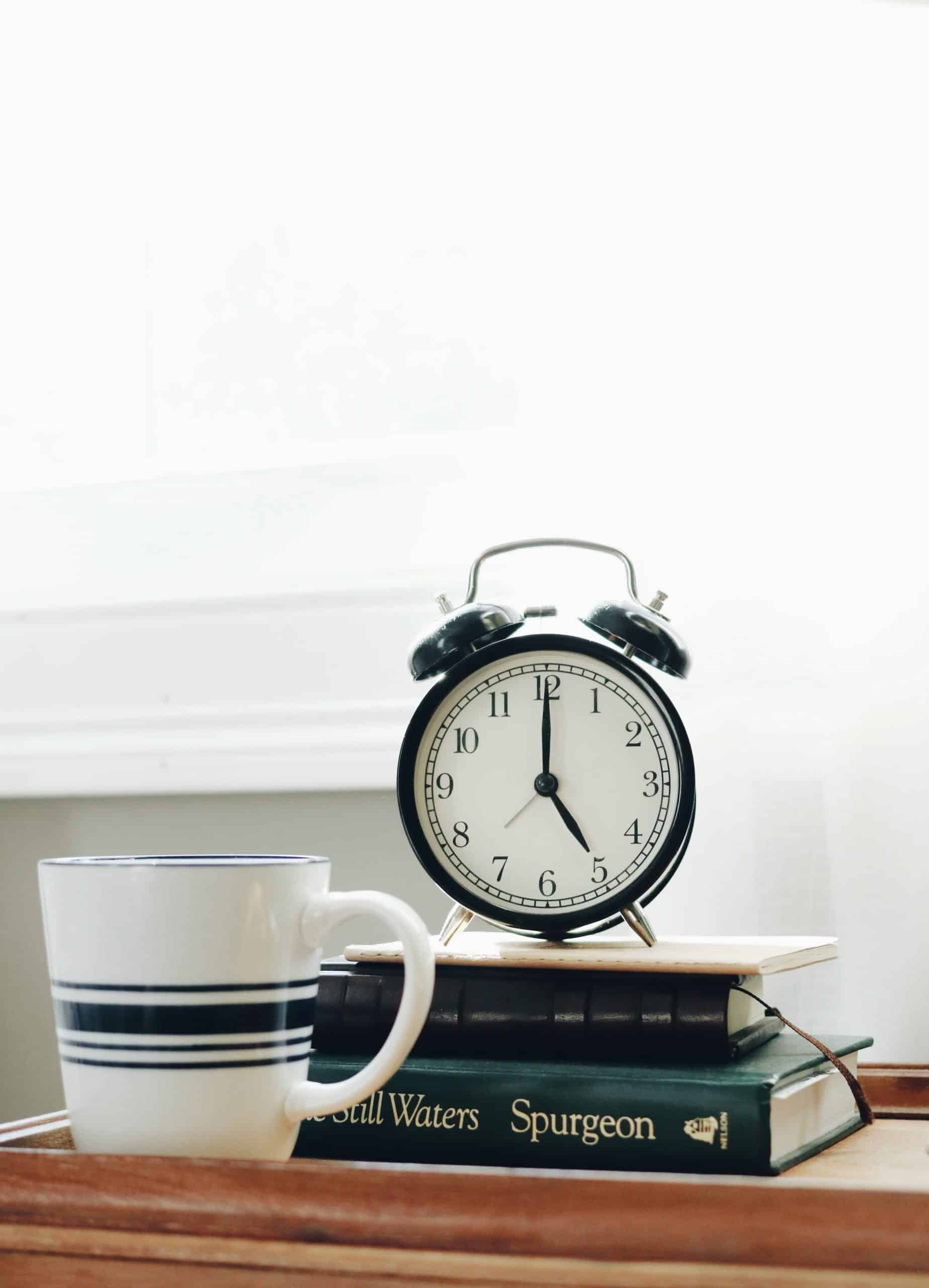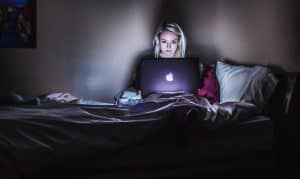Spring Forward | 6 Tips for Combating Daylight Saving

Updated On: April 15, 2024 by Ciaran Connolly
As the clocks skip forward an hour on 28th March 2021 in Ireland & the UK and daylight saving time begins, many people become anxious about the hour of sleep loss and experience a form of ‘jet lag’ the next morning. However, there are steps that you can take to beat this ‘jet lag’ and still feel bright-eyed and bushy-tailed on Monday morning, even if you have lost an hour of sleep. If you’re looking for a way to avoid grogginess come Monday morning, check out these helpful tips.
Get Enough Sleep

By far, the most important tactic to combat daylight saving is getting enough sleep. Typically, adults need between 6 to 9 hours of sleep each night. However, studies show that the average adult only gets just under 7 hours per night, with the average UK adult’s bedtime being between 10-11PM.
In order to make the adjustment and get enough sleep the night of daylight saving, we recommend that you begin planning a week prior to when we lose that beloved hour of sleep. Instead of trying to force yourself to go to bed an hour earlier on Sunday, go to bed 10 minutes earlier the prior Sunday and then increase that amount throughout the week leading up to daylight saving time. This tactic will ease your body into going to sleep earlier, rather than making the sudden adjustment the night the clocks change.
Use Sunlight to your Advantage
One of the most important indicators for our body of when it is time to be awake versus when it is time to sleep is light. Being exposed to bright light decreases the amount of melatonin, the natural sleep hormone, our body makes. So, by being exposed to light during the day and limited bright lights before bedtime, you can help your body’s circadian rhythm adjust to the time change.
When you wake up in the morning, it is important to expose your body to natural sunlight if possible. Open the windows, sit on the porch for your morning coffee or tea, and take in the morning light and sounds. If it is still dark when you wake up, this may be more difficult. If this is the case, turn on the lights in your kitchen and bedroom as you prepare for the day. This will wake you up and help you feel less groggy in the morning.
Conversely, it is equally important to not be surrounded by bright lights before bed. These lights will prevent your body from creating melatonin, and will cause you to feel fully awake upon climbing into bed. In the evening, try dimming the lights in your house, or only turn half the lights on. This can ease your body into being ready for bed. Furthermore, if you happen to get up in the middle of the night to go to the bathroom or kitchen, avoid turning on the lights. This will cause you to wake up more and not be able to get back to sleep. Instead, install small nightlights so you can be in dim light if you wake up.
Resist the Urge to Nap
While it may be tempting to take a nap and catch up on the hour of sleep loss, napping during the day can be counterproductive for actually adjusting your sleep schedule to daylight saving time. Sleeping for a long period of time during the day can throw off your body’s circadian rhythm and make it harder for you to fall asleep come nighttime. Instead, if you must take a nap, try to nap early in the day, and make your nap last no longer than 20-30 minutes.

Limit Device Use Before Bed
Although scrolling through Facebook on your phone, watching TV, or being on your computer may seem like it helps you wind down for the day, using devices before bedtime can negatively affect your sleep. It is recommended that in order to improve your sleep, turn off your electronics at least 30 minutes before you go to bed. This gives your body time to adjust from the blue light given off and produce that much needed melatonin.
Use Blue Light Filters
Many electronic devices give off what is called blue light. This type of light can be particularly straining on the eyes with prolonged exposure, and can prevent your body from producing melatonin if used before bed. In order to limit your exposure to blue light, try enabling the blue light filter, sometimes called a night light filter, on your devices. This may take some getting used to, since the screen will be a lightly orange hue, but the lack of headaches and better sleep will surely make up for it!
Create a Bedtime Routine

Preparing for bed is a critical part of your body getting ready to fall asleep. Based on your personal preferences and schedule, there are many different steps you can add to your bedtime routine:
Writing a to-do list for the next day can help you organise your thoughts and clear your head before lying down. This can help you eliminate distractions and racing thoughts as you are trying to catch some sleep.
Listening to relaxing music, sounds, or guided meditation tracks can help keep your mind distracted as you prepare for bed. There are many playlists on music apps such as Spotify that have been curated to aid in falling asleep. The tracks can range from gentle speaking to crashing waves, to the ambience of a thunderstorm or the crackling of a fire.
Taking a warm bath or shower can help to relax your body and give you some solitary time to unwind and destress. While it may seem that this means being slightly warm is what helps us fall asleep, it is actually the contrary. Our body temperature must drop in order for us to achieve good sleep. By taking a warm bath or shower, our body heat goes from our core to the surface, such as the hands and feet. When this occurs, our core temperature drops, which helps us regulate our circadian rhythm and tell our body it’s time for bed. A warm bath or shower can aid in muscle relaxation and can prevent tossing and turning.






